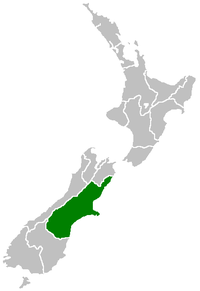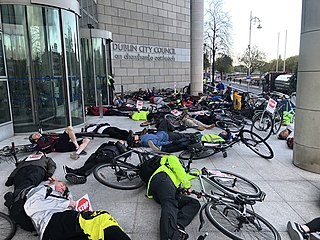
Cycling advocacy consists of activities that call for, promote or enable increased adoption and support for cycling and improved safety and convenience for cyclists, usually within urbanized areas or semi-urban regions. Issues of concern typically include policy, administrative and legal changes ; advocating and establishing better cycling infrastructure ; public education regarding the health, transportational and environmental benefits of cycling for both individuals and communities, cycling and motoring skills; and increasing public and political support for bicycling.
The Hong Kong Cycling Alliance (HKCAll) is a small non-profit organisation that works to make Hong Kong a more bicycle-friendly city. Through coordination of the efforts of Hong Kong's many cyclists and cycling groups, it campaigns to educate decision-makers about cycling as active transportation, and to encourage and enable all types of cycling, including utility/commuting, leisure riding, off-road, racing and touring.

Public transport in Christchurch, New Zealand, consists of bus services operated by two bus companies supported by a ferry, all jointly marketed as Metro, a division of Environment Canterbury (ECan).

Environment Canterbury, frequently abbreviated to ECan, is the promotional name for the Canterbury Regional Council. It is the regional council for Canterbury, the largest region in the South Island of New Zealand. It is part of New Zealand's structure of local government.
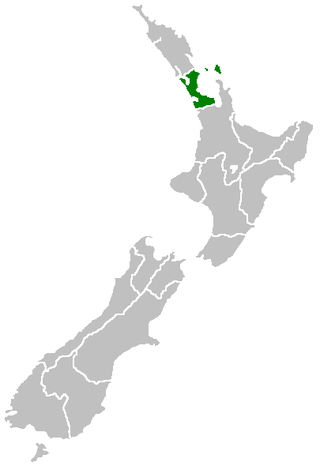
Bike Auckland, formerly Cycle Action Auckland (CAA) is a pro-cycling advocacy group in Auckland, New Zealand. The predominantly volunteer group aims to improve infrastructure and conditions, as well as perceptions of cycling to encourage more "everyday people" to use bicycles, including for commuting and recreation.

Cycling Action Network (CAN) is a national cycling advocacy group founded in November 1996 in Wellington, New Zealand. They lobby government, local authorities, businesses and the community on behalf of cyclists, for a better cycling environment. It aims to achieve a better cycling environment for cycling as transport. Major initiatives are the annual Cycle Friendly Awards and support for a biennial Cycling Conference. The organisation was originally named Cycling Advocates' Network until it was formally changed at the annual general meeting on 20 March 2016.

Cycling in Sydney, New South Wales, Australia takes place for recreation, commuting and as a sport. Sydney has a hilly topography and so may require a slightly higher level of fitness from cyclists than flatter cities such as Melbourne and Canberra. Sydney depends heavily on motor vehicles where traffic and public transport operate at capacity. This means that cyclist are often competing with motorists for limited space on busier roads, and for limited government resources for expenditure on road infrastructure. In its favour, Sydney has a generally mild climate and there are active cycling groups.

The Northwestern Cycleway, sometimes also referred to as the North West or Northwestern Cycle Route, is a 12 km mostly off-road cycle route in New Zealand that connects the Auckland CBD with the suburb of Westgate. For most of its length, it runs alongside the Northwestern Motorway.

Cycling in New Zealand is the 5th most popular form of active recreation, but a very marginal commuting mode, with the share hovering around 1–3% in most major cities. This is due to a number of factors, principally safety fears.

Cycling in Cardiff, capital of Wales, is facilitated by its easy gradients and large parks. In the mid-2000s between 2.7% and 4.3% of people commuted to work by cycling in the city. In 2017 12.4% of workers cycled to work at least 5 days a week. However, cyclists in the city are deterred from cycling by poor facilities and aggressive traffic, according to research by Cardiff University.
The NZ Cycling Conference is a series of cycle planning conferences started in 1997 in Hamilton. Since 2001, the conference series has a biennial schedule. The conferences are one of the key ways of exchanging expertise about planning and design for cycling in New Zealand. Starting in 2012, the scope of the conference includes both walking and cycling, by combining the previous Living Streets Aotearoa biennial NZ Walking Conference series, and was rebranded "2WALKandCYCLE".

The New Zealand Cycle Friendly Awards were devised by the Cycling Advocates' Network (CAN) in 2003. The purpose of the awards is to acknowledge and celebrate some of the most notable achievements in the country that are helping to promote cycling and to create a cycle-friendly environment. Since 2016, the awards have been jointly organised with the New Zealand Transport Agency and rebranded as the 'Bike to the Future Awards'.

Cycling in Auckland is a mode of transport in Auckland, New Zealand. The dominance of the car in the city, the negative attitudes of car drivers and general changes in transport patterns have made it a very marginal transport mode in the early 21st century, with remaining cyclists often riding for leisure and sports purposes.
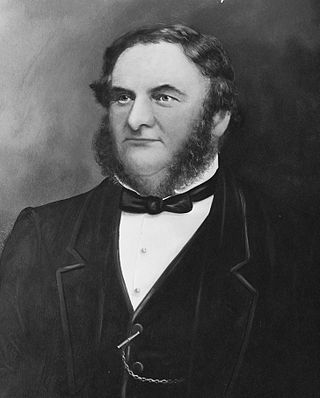
William Barbour Wilson, also known as Cabbage Wilson, was the first Mayor of Christchurch in New Zealand in 1868. A nurseryman by profession, he had large landholdings in Christchurch. His reputation was dented by a fraud conviction, and when he was subsequently elected onto the city council once more, five councillors resigned in protest.

Andrew Duncan was Mayor of Christchurch 1869–1870. From a working-class background in Scotland, he emigrated to New Zealand as a young man and became a highly respected member of the Christchurch community. He is remembered for his later work as an immigration agent in Scotland on behalf of the Canterbury Province.

Deon William Swiggs is a New Zealand politician serving as the Environment Canterbury Councillor representing the Christchurch West/Ōpuna Regional Constituency. He previously served as the Christchurch City Councillor representing the Central ward from 2016 to 2019. Prior to Swiggs being elected, he was most well known for his participation in Rebuild Christchurch, an organisation founded after the 2010 Canterbury earthquake.

Cycling for transport and leisure enjoys popularity in Greater Manchester and the city also plays a major role in British cycle racing. The Bee Network was launched in 2018. The University of Manchester is home to the Manchester Cycling Lab.

Pedals is a voluntary organisation founded in 1979 to encourage more people to use bicycles and to campaign for safer and more attractive conditions for cyclists in the Nottingham area. Pedals campaigned to get Nottingham one of the country's largest network of urban cycle routes in the 1980s. It continues to press for many more facilities, especially in and across the City Centre and the north side of Nottingham, as well as linking better to nearby countryside.
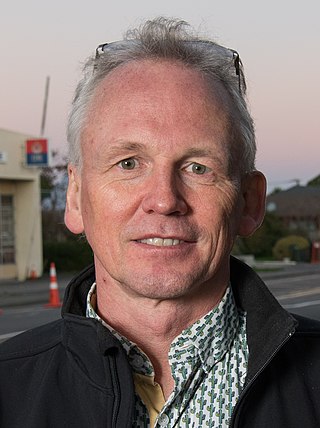
Axel Peter Carl Downard-Wilke is a New Zealand transport planner and engineer known for his advocacy for cyclists in cities. Born in Germany, he moved to New Zealand for his education, and from 1997 to 2005 he worked for the Christchurch City Council as a traffic engineer, where he became involved in various projects to improve the safety of cycling in the city. He then co-established a consultancy firm practising in the areas of traffic engineering, transportation planning and town planning. Downard-Wilke was a member of the technical team for the New Zealand Cycle Trail Project, and one of the lead authors of the New Zealand Cycle Trail Design Guide first published in February 2010.
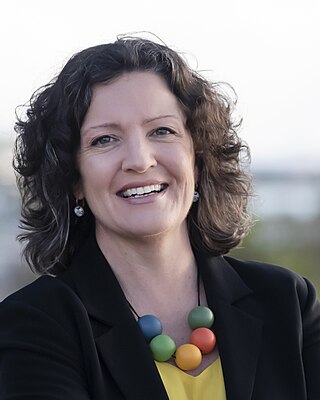
Sara Louise Templeton is a New Zealand local politician based in Christchurch. She came to national attention when she exposed her online troll as being a Young Nat. After the 2011 Christchurch earthquakes, Templeton was active in her Heathcote Valley community, and later co-authored a book about the community's efforts. She was awarded a Civic Earthquake Award for her community-building work. She chaired a community board for three years before standing for Christchurch City Council in 2016. She was the only candidate to unseat a sitting councillor, and was subsequently reelected in 2019 and 2022. Templeton is known for her focus on climate change issues. Templeton is a director of Christchurch City Holdings.

